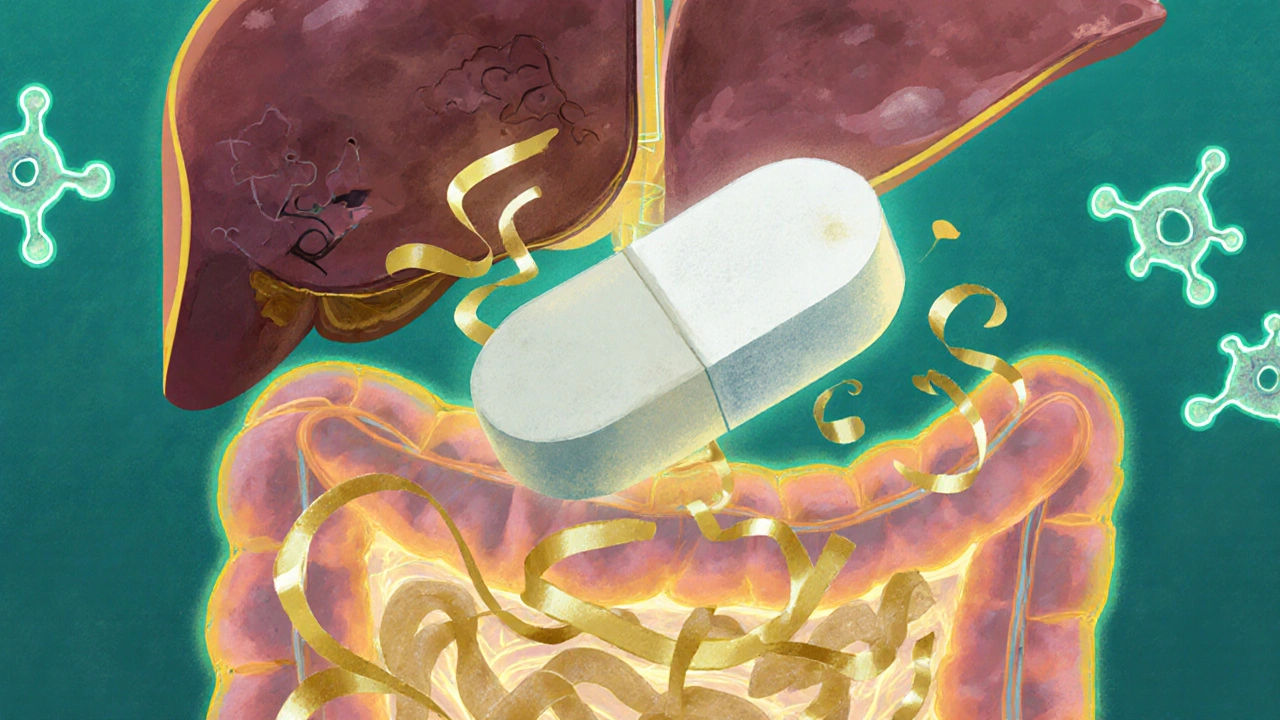Understanding Diabetes Medication: What You Need to Know
Managing diabetes means more than just watching what you eat or exercising — the right medication can make all the difference. Whether you’re newly diagnosed or looking to adjust your treatment, understanding how diabetes drugs work helps you take control of your health. These medicines mainly focus on controlling your blood sugar levels to keep you feeling good and lower the risk of complications.
There are several types of diabetes medication, including pills and injections, each working differently. Some help your body produce more insulin, while others make your cells use insulin better or reduce glucose build-up from your liver. Choosing the right drug depends on your type of diabetes, lifestyle, and how your body responds.
Common Diabetes Medications and Their Roles
One of the most common pills is Metformin, which helps reduce liver glucose production and improves insulin sensitivity. It's often the first drug doctors prescribe for type 2 diabetes. Another group, called sulfonylureas, encourages your pancreas to release more insulin. If pills aren’t enough, injectable medicines like insulin or GLP-1 receptor agonists might be the next step, helping manage blood sugar more directly.
Besides lowering blood sugar, some newer medications can also help with weight loss or reduce risks to your heart and kidneys, which are important concerns for people with diabetes. Always keep in mind every medicine can have side effects, so monitoring and communication with your healthcare provider are key parts of staying on track.
How to Get the Most Out of Your Diabetes Medication
Taking diabetes medication isn’t just about popping a pill or injecting insulin. Timing matters — some drugs work best with meals, others at certain times of the day. Being consistent can help keep your blood sugar steady and avoid highs and lows. Also, lifestyle choices still play a big role; medication complements good nutrition, regular activity, and avoiding smoking.
Stay in touch with your doctor to tweak your treatment as needed. Blood sugar levels can change due to stress, illness, or other meds, so regular check-ups help catch issues early. And if you’re ever unsure about side effects or how your medication fits with your routine, ask! Understanding what you’re taking empowers you to manage diabetes confidently.
In the end, the right diabetes medication is one part of a full plan created just for you. Knowing the basics helps you be an active part of that plan, making your health goals more reachable.
Bile Acid Sequestrants for Diabetes: Side Effects and Interactions You Need to Know
Colesevelam is a bile acid sequestrant used for type 2 diabetes and high cholesterol. Learn about its side effects, drug interactions, who benefits most, and why it's falling out of favor compared to newer diabetes medications.
Exploring 2025 Alternatives to Sitagliptin: What You Need to Know
In 2025, the hunt for effective sitagliptin alternatives has gained momentum as people look to manage type 2 diabetes more effectively. This article dives into ten notable alternatives, highlighting their advantages, drawbacks, and unique qualities. Each alternative offers different benefits, such as cardiovascular support or weight loss, though some have their downsides like higher costs or potential side effects. Whether you're considering these options for yourself or someone you care for, understanding their nuances will guide you in making informed choices.
About
Medications


